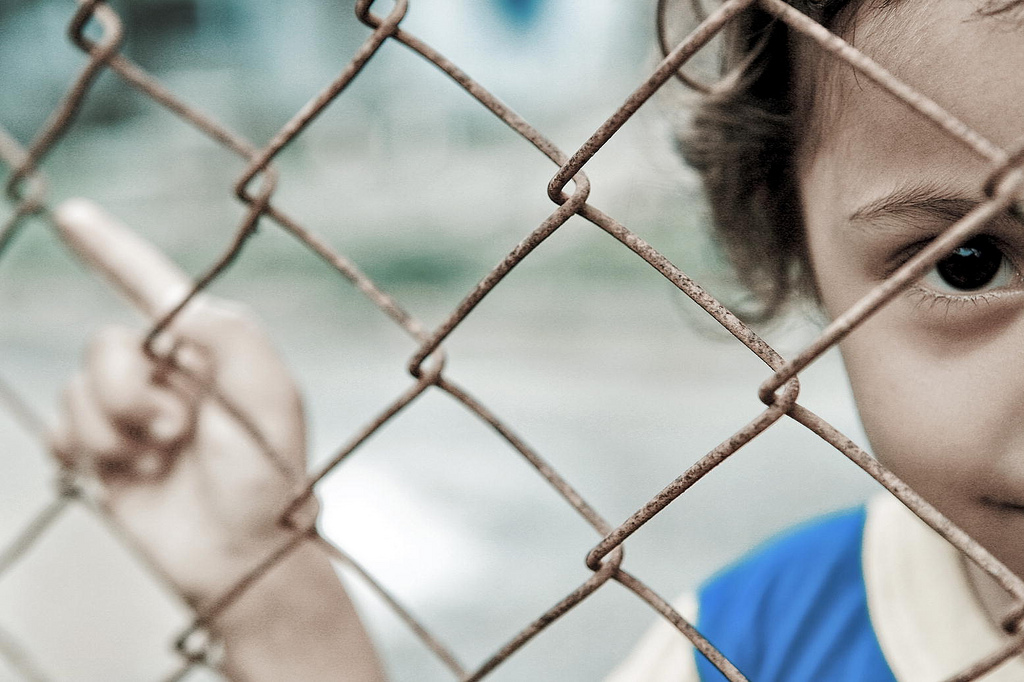Once again, we see that context is king, or at least hugely important. The risks we take are always shaped by the rewards at stake.
A recent study in the journal Cognition delves into the morality of children and babies. You read that right.
In the study, they asked 5 and 8 year olds to choose between getting stickers from a “nice” or “mean” character. The result? Even when the mean character offered more stickers, the children chose to stick with the nice character.
But there was a limit: once the offer was upped to 16 stickers from the mean character to 1 sticker from the nice character, most children “sold out” and gave in to the offer.
The results were similar for an analogous experiment in the same study that was performed with 12 and 13 month old babies. More crackers mean finally breaking the code of morality and giving in to the bad guy.
According to the researchers, some reactions to this study have been to half-jokingly call the children “sellouts.”
But how could it be otherwise? The only reason this would be surprising is that so many people believe that when it comes to moral and ethical issues, appreciating the role of context dilutes the moral or ethical position, and/or that “truly” moral/ethical behavior should be divorced from any notion of reward – motivated instead by some abstract notion of altruism.
Hogwash! There is no altruism. If you are not acting in light of your sense of self, in light of whom are you acting?! The only question is whether one’s sense of self, ends with themselves. THAT would be bad. So when it comes to deals with the devil, it seems that the right question is not so much to make the deal or not, but to ask how good a deal are you able to make.

Listed for many years in Newsweek as one of America’s “50 Most Influential Rabbis” and recognized as one of our nation’s leading “Preachers and Teachers,” by Beliefnet.com, Rabbi Brad Hirschfield serves as the President of Clal–The National Jewish Center for Learning and Leadership, a training institute, think tank, and resource center nurturing religious and intellectual pluralism within the Jewish community, and the wider world, preparing people to meet the biggest challenges we face in our increasingly polarized world.
An ordained Orthodox rabbi who studied for his PhD and taught at The Jewish Theological Seminary, he has also taught the University of Pennsylvania, where he directs an ongoing seminar, and American Jewish University. Rabbi Brad regularly teaches and consults for the US Army and United States Department of Defense, religious organizations — Jewish and Christian — including United Seminary (Methodist), Yeshivat Chovevei Torah (Modern Orthodox) Luther Seminary (Lutheran), and The Jewish Theological Seminary (Conservative) — civic organizations including No Labels, Odyssey Impact, and The Aspen Institute, numerous Jewish Federations, and a variety of communal and family foundations.
Hirschfield is the author and editor of numerous books, including You Don’t Have To Be Wrong For Me To Be Right: Finding Faith Without Fanaticism, writes a column for Religion News Service, and appears regularly on TV and radio in outlets ranging from The Washington Post to Fox News Channel. He is also the founder of the Stand and See Fellowship, which brings hundreds of Christian religious leaders to Israel, preparing them to address the increasing polarization around Middle East issues — and really all currently polarizing issues at home and abroad — with six words, “It’s more complicated than we know.”

